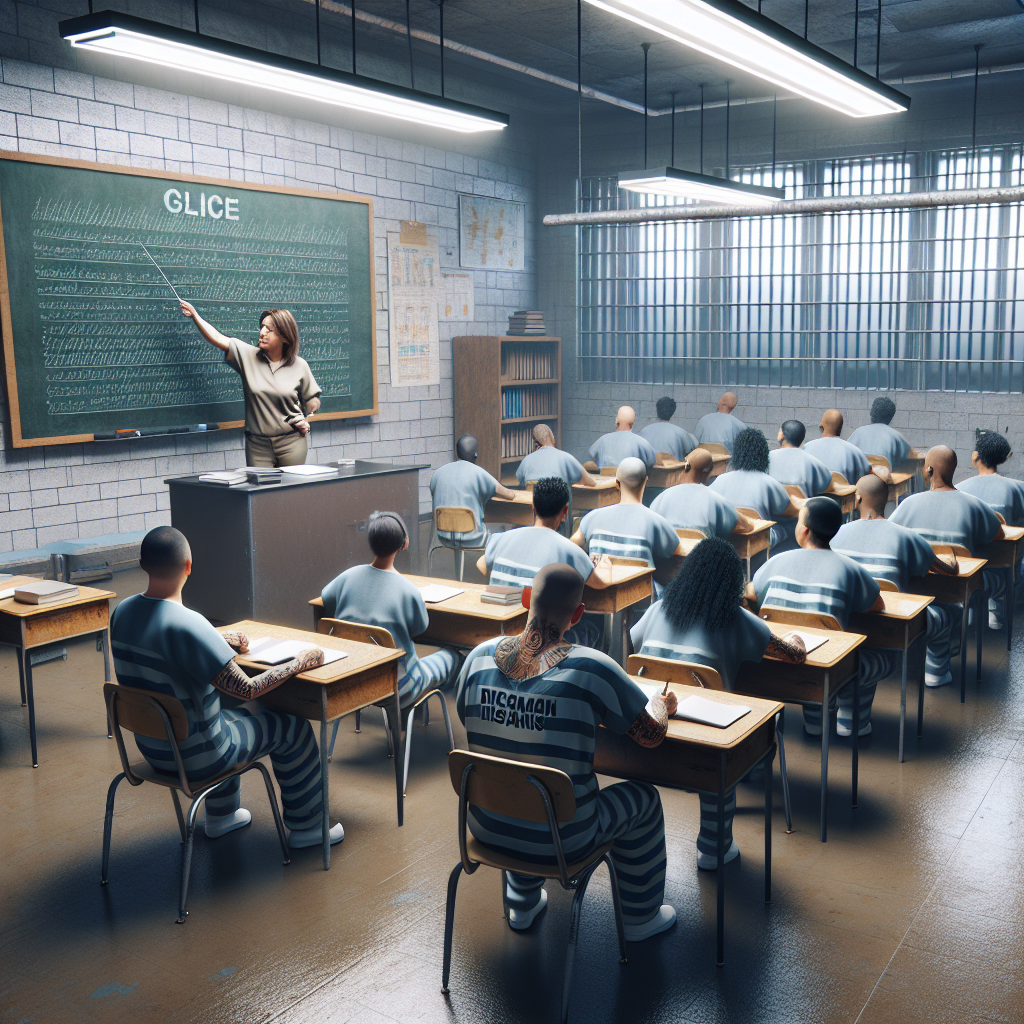As dawn broke over the city’s concrete skyline, an unconventional classroom within its heart began another day of lessons – not in mathematics or literature but in empathy, responsibility, and restoration. This is the story behind those numbers that show our local criminal rehabilitation programs are working.
Cultural Phenomenon:
The rising incarceration rates have long painted a grim picture. Yet nestled within this sea of bleak statistics lies an island of hope – a unique rehabilitation initiative focused on reform rather than retribution.

Historical Roots:
Clarifying fault lines can trace back to ancient penal systems where punishment often took precedence over rectification. Outgrowing these archaic practices became paramount leading to modern programs fostering healing rather than harm.
Social Context:

In today’s society where ‘cancel culture’ frequently takes center stage over forgiveness, these initiatives breathe compassion into our justice system. Offering inmates tools for introspection and change challenges old narratives while humanizing ‘criminals’ as individuals capable of growth.
Generational Impact:
This rehabilitation model reflects generational shifts towards understanding crime as symptomatic of broader social issues rather than individual moral failings; thus painting an evolved vision for correctional ideology.
Media Representation:
The media often stigmatizes ex-convicts with labels that perpetuate a cycle of crime. In contrast, highlighting success stories from these programs shifts the lens towards possibility and change.
Public Discourse:
The public discourse is gradually changing as more stories of successful rehabilitations make headlines. Conversations are evolving from mere punitive measures to a focus on reintegrating convicts into society post-incarceration.
Cultural Significance:
In the cultural arena, this paradigm shift signifies growing empathy and understanding over demonization or social ostracism – an important milestone in our collective conscience.
Future Implications:
This transformative approach holds promise not just for individuals but the whole societal fabric by curbing recidivism, reshaping lives, and rebuilding communities.
Broader Trends:
Sustainability has quietly permeated various sectors including justice systems. Rehabilitation stands testament to this trend of thoughtfully utilizing resources – in this case human potential rather than wasting them away behind bars indefinitely.
<pFirst, our city’s rehabilitation program stands as a beacon of hope illuminating dark corridors of punitive practices. Here lies the real story behind numbers that reveal not just significantly lower recidivism rates but also a society willing to acknowledge mistakes yet courageous enough to pursue possibilities.</i></b>"Beyond individual reformation, rehabilitation deeply intertwines with cultural evolution fostering an empathetic outlook that champions second chances at personal growth and social contribution.»
To conclude: Hope and Possibility

